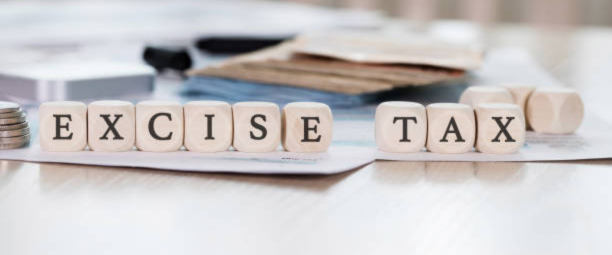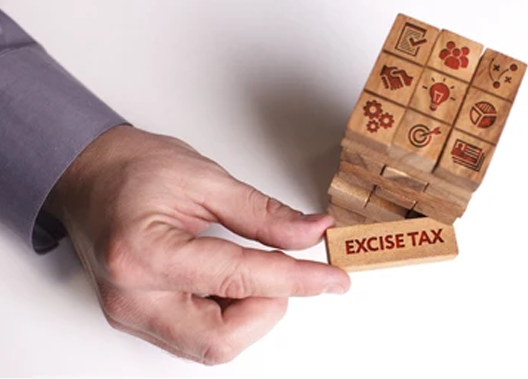
Excise Tax in the UAE is an indirect, consumption-based tax imposed on specific goods, typically those that may be harmful to health or the environment. Introduced on 1st October 2017, Excise Tax ensures that the cost of consuming these goods is passed on to the end consumer rather than the business.
For Australian businesses operating in Dubai, understanding Excise Tax compliance is critical to avoid penalties, optimize tax planning, and maintain smooth business operations. Proper guidance on Excise Tax helps your company remain compliant while focusing on growth and profitability in the UAE market.
The following items were covered by the excise tax when it was introduced in the United Arab Emirates on October 1, 2017, along with the corresponding tax rate:
The introduction of Excise Tax in the UAE is with the purpose of discouraging the consumption of products which are unhealthy for mankind.
Australian businesses operating in Dubai and the UAE must comply with
Excise Tax regulations under Federal Decree Law No. 7 of 2017. The following entities are required to register for Excise Tax in the UAE:
Businesses importing excise goods into the UAE
Manufacturers of excise goods within the UAE
Companies stockpiling excise goods
Warehouse operators holding excise goods
Unlike VAT,
Excise Tax registration does not have a minimum revenue threshold. Any business required to register must submit their application through the EmaraTax portal of the Federal Tax Authority at the time they intend to carry out activities subject to Excise Tax.
Proper Excise Tax registration helps your Australian business remain compliant, avoid penalties, and operate efficiently in the UAE market.
Legal documents of the company.
Identification documents of authorized signatory of the entity, shareholders or partners
Business details
List of Excise Goods the entity is dealing.
Bank Account details
Customs registration details, if applicable.
Details of any criminal, civil, or immigration offenses
Excise Tax in the UAE is calculated based on the type of excise goods. The tax rate is either 50% or 100% of the retail selling price, depending on the classification of the goods as per the Federal Tax Authority (FTA) list or the designated price, whichever is higher.
Excise Tax returns must be filed monthly. After the end of each tax period, businesses are required to submit the return and pay any tax due within 15 days. Timely filing ensures compliance and helps avoid penalties.
If your excise goods are not yet listed with the FTA, businesses must apply for inclusion. For example, prototype electronic smoking devices must be registered to comply with Excise Tax regulations.
Proper calculation, timely filing, and correct product listing help Australian businesses operating in Dubai/UAE:
Avoid penalties and fines
Ensure compliance with UAE Excise Tax laws
Maintain smooth operations for import, manufacturing, or warehousing of excise goods

In certain scenarios, excise tax paid in the UAE can be refunded by applying to the Federal Tax Authority (FTA). Examples include:
Raw materials for manufacturing:
An importer of raw tobacco paying excise tax upon import can claim a refund if the tobacco is used to manufacture products (e.g., cigarettes). The excise tax already paid on raw materials can be refunded since the tax is again due on the finished goods.
Exports outside UAE:
Excise Tax is a consumption-based tax, meaning goods not consumed in the UAE are not subject to excise tax. If excise-taxed goods are exported, businesses can apply for a refund of the previously paid excise tax.

Flyingcolour® Tax Consultant and J N J Auditing LLC provide accounting and bookkeeping services, tax related services, auditing, economic substance regulation (ESR) services, anti-money laundering compliance services, tax residency certificate assistance, payroll services, excise tax services, other compliance, and CFO services, etc. through our team of experienced professionals. We cover comprehensive and customized packages tailored to your specific requirements.